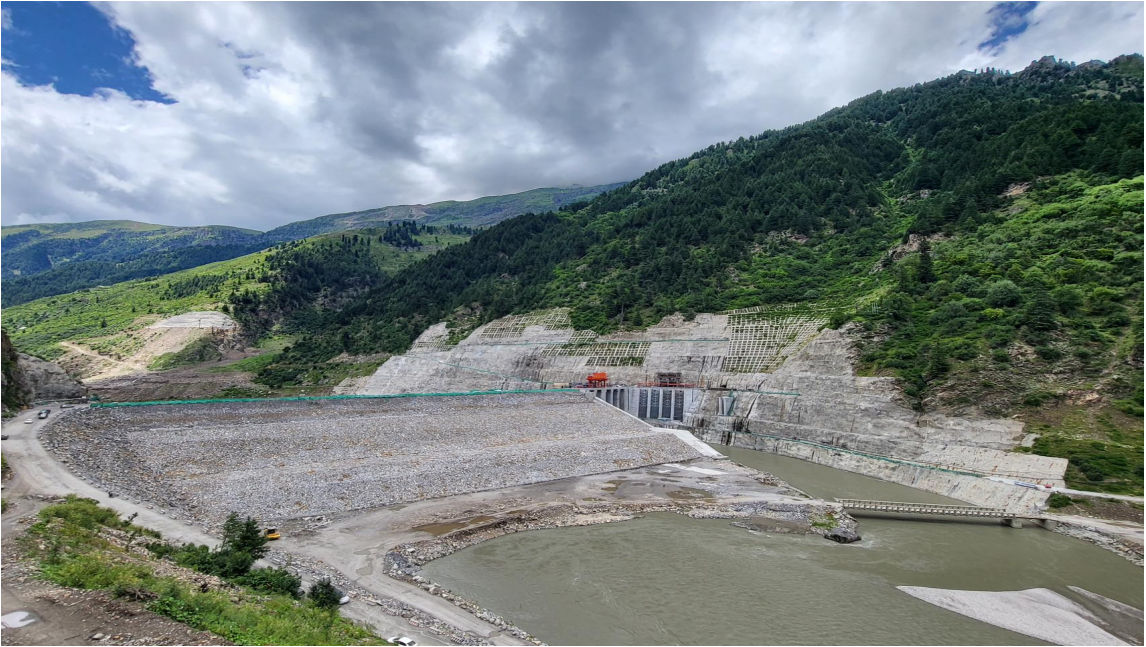Government pushes climate resilience via CPEC Green Corridor and other multiple initiatives as outlined in the latest Economic Survey.
The federal government has initiated key measures to tackle climate change by launching an Urban Resilience Policy Framework, creating a “Green Corridor” under the China-Pakistan Economic Corridor (CPEC), and advancing its National Adaptation Plan (NAP) to secure climate funding and minimize disaster risks.
As per the 2024–25 Economic Survey released on Monday, a new Urban Resilience Policy Framework has been developed to support climate-resilient development in urban areas across the country.
The policy focuses on reinforcing cities through sustainable infrastructure, climate mitigation, and localized adaptation strategies to better respond to environmental challenges.
Following provincial approvals, the policy framework will be submitted to the federal Cabinet for endorsement. Its objectives include enhancing disaster readiness, fostering eco-friendly urban expansion, and empowering local authorities to execute resilience programs.
In the second phase of CPEC, Pakistan is establishing a Green Corridor aimed at embedding environmental sustainability into transport, energy, agriculture, and industrial sectors.

The Ministry of Climate Change is leading the initiative, which aligns with both Pakistan’s environmental agenda and China’s green development goals.
This corridor will emphasize low-emission transportation, reforestation, climate-resilient agriculture, biodiversity protection, and clean energy initiatives to help meet climate targets and generate eco-friendly employment.
Alongside, the government is speeding up work on its National Adaptation Plan with backing from the Green Climate Fund (GCF). In 2024, it submitted ten project concept notes for critical sectors and is preparing five more for international funding.
A recent assessment suggests that Pakistan requires between $3.9 and $17.8 billion to carry out 117 adaptation actions focused on mitigating floods, droughts, and heatwaves.
Workshops have been conducted to train provincial officials in Sindh and Khyber Pakhtunkhwa on climate finance and adaptation strategies, while regional assessments are ongoing to identify capacity gaps.
These efforts are designed to shield Pakistan’s economy, infrastructure, and populations from climate threats while promoting sustainable development.
Overall, these strategies reflect Pakistan’s dedication to international climate commitments and its pursuit of environmentally sustainable growth.
Related Posts

















